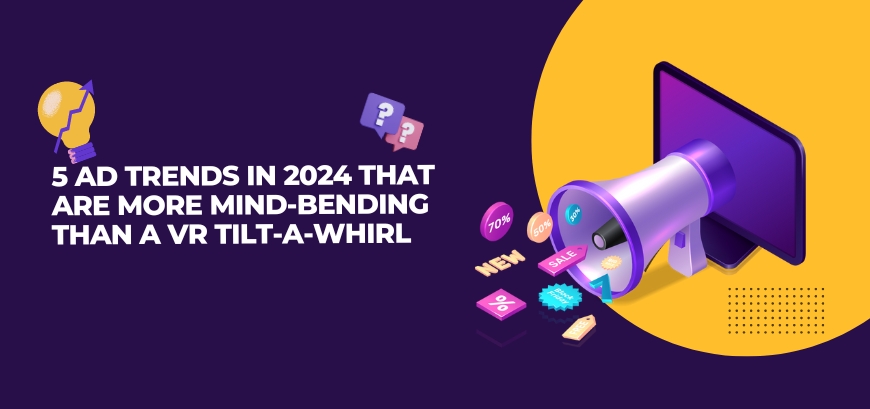Omnichannel marketing is an incredibly significant development in the business world today. It represents the intersection of various channels, allowing businesses to connect with a larger customer base than ever before. With the rapid advancement of technology, the number of available channels continues to grow. This article will delve into why omnichannel marketing is crucial and why you should embrace it.
What Exactly is Omnichannel Marketing?
Omnichannel marketing involves integrating various marketing channels to create a seamless approach when interacting with customers. It ensures that the branding of a business remains consistent, providing customers with a uniform experience regardless of the channel they choose to engage with. The ultimate goal is to reach customers on the platforms that suit them best.
There is a multitude of platforms available for integration, including websites, email, social media, applications, and SMS. Among these, social media offers endless possibilities. The choice of the most effective social media platform depends on your product or service and your target audience.
With omnichannel marketing, you can establish predetermined steps based on customer actions or inactions, ensuring effective communication through the most suitable platform. By leveraging marketing automation, you can automate these actions, saving valuable time and effort.
Distinguishing Omnichannel Marketing from Multichannel Marketing
Although omnichannel and multichannel marketing is often perceived as similar, there are distinct differences between the two.
Omnichannel Marketing:
Omnichannel marketing revolves around creating an exceptional customer experience. It ensures a seamless experience regardless of the channel the customer chooses to utilize. This approach acknowledges that customers often switch between channels during their journey. For example, a customer may start researching a product online, and then visit a physical store to see it in person. Alternatively, they might encounter a product online and subsequently explore it in more detail on the company’s website. In both scenarios, the intent is to make a purchase. Omnichannel marketing strives to provide a consistent experience across all channels, fostering customer satisfaction.
Multichannel Marketing:
Multichannel marketing, on the other hand, focuses on reaching customers through multiple channels. These channels can encompass various forms of communication, such as web, print, mail, email, and mobile. The key distinction is that multichannel marketing aims to leverage multiple channels to connect with customers, whereas omnichannel marketing emphasizes the creation of a seamless customer experience across all channels.
Embracing the Omnichannel Approach:
Adopting an omnichannel approach enables you to establish meaningful connections with customers and provide them with a seamless experience. While implementing this strategy requires time, vision, and execution, you can begin by focusing on a select few channels instead of attempting to cover every available channel. Identifying the most relevant and effective channels for your product, service, and target audience is imperative. By narrowing down your focus, you can effectively implement an omnichannel strategy.
Having a well-defined marketing strategy in place allows you to measure results and forecast future sales, ultimately providing a greater return on investment.
The Significance of Omnichannel Marketing
Having discussed what omnichannel marketing entails and its associated benefits, let’s explore why it holds such importance.
1. Creates a Seamless Customer Experience:
Customers should be able to transition effortlessly between channels without encountering any obstacles or inconsistencies.
2. Reaches Customers Wherever They Are:
As customers utilize various channels, your business must establish a presence wherever they prefer to engage.
3. Builds Trust and Credibility with Customers:
When customers have positive experiences with your brand across all channels, they are more likely to trust your business and recommend it to others.
4. Increases Customer Lifetime Value:
By delivering a seamless and positive experience across all channels, you can encourage customers to return repeatedly, thus increasing their lifetime value.
5. Collects Data from Multiple Touchpoints:
It empowers you to track customer behaviour across all channels, enabling you to leverage this data to enhance your marketing efforts.
6. Delivers a Consistent Message:
By maintaining a consistent message across all channels, you are more likely to captivate customers and drive sales.
Stay Ahead of the Game
By now, you should understand the significance of omnichannel marketing and why it matters. When executed effectively, it has the potential to significantly boost your revenue. Embracing an omnichannel marketing strategy should be a top priority. Consolidating all your channels in one place is crucial, as it allows you to reach customers at the right time, on the right platform, ensuring a seamless and satisfying experience.





